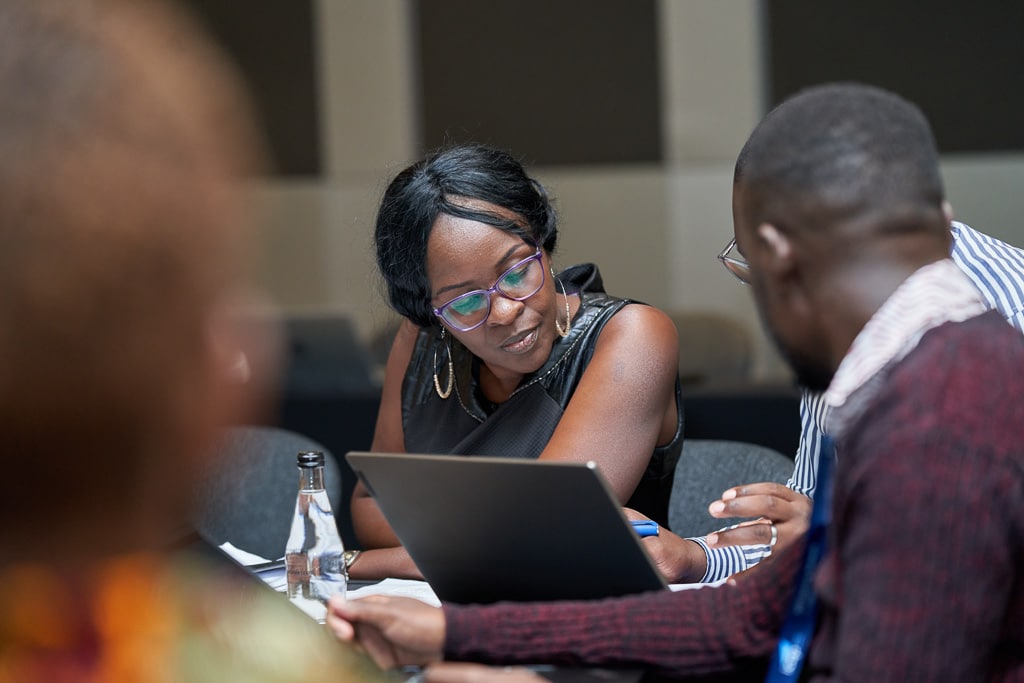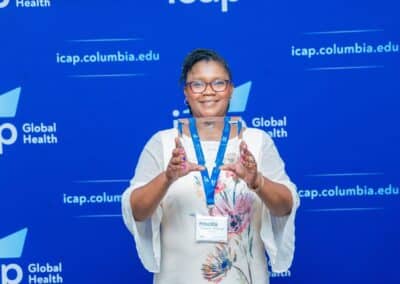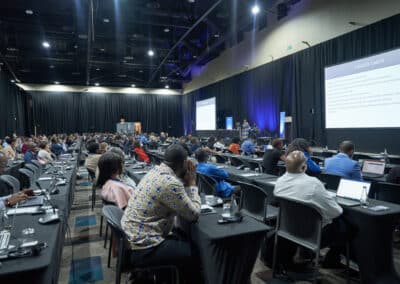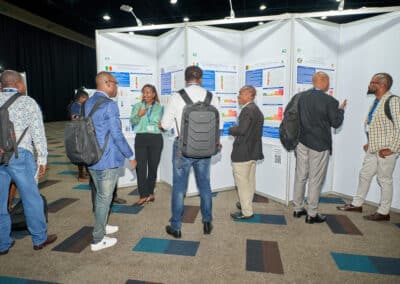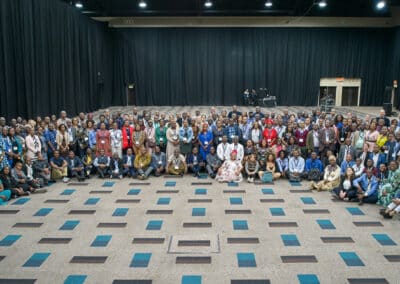When Tanzania joined CQUIN in 2017, the country’s goal was to use differentiated service delivery (DSD) to reduce the burden on health care workers and improve treatment outcomes for recipients of care living with HIV.
After more than six years of participating in a host of CQUIN meetings and learning exchange activities, including country-to-country learning exchange visits, community of practice meetings, and more, Tanzania has become one of the most improved countries in the network.
Not only did a 2023 UNAIDS report confirm Tanzania has achieved its UNAIDS 95-95-95 goals, but at the last CQUIN annual meeting, Tanzania reported increased maturity and improved performance in 12 out of 19 domains on the CQUIN Differentiated ART (DART) Capability Maturity Model (CMM) compared to 10 out of 18 in 2022. The results of Tanzania’s DART CMM self-assessment show remarkable improvements in the scale-up, coordination, and key population domains.
According to the Tanzania Ministry of Health, the improvement has required political will, stakeholder buy-in, and concerted efforts, including the commitment and dedication of health care providers to enhance services for recipients of care.
“Joining CQUIN, participating in several meetings, and sharing our country’s HIV program progress opened our eyes to the importance of DSD. We revised our policy guidelines to align with best practices learned at CQUIN to ensure we can improve our DSD services,” said Mastidia Rutaihwa, MD, DSD focal for the Tanzania Ministry of Health. “To achieve the progress that we made in the past year, we have improved our policy guidelines for key and vulnerable populations (KAP) to improve the knowledge and skills of our health care providers to provide KAP-friendly services. We also improved our KAP data system to help collect and report information about the services provided to KAP. We’re also involved in using peer support in improving access to services for hard-to-reach populations.”
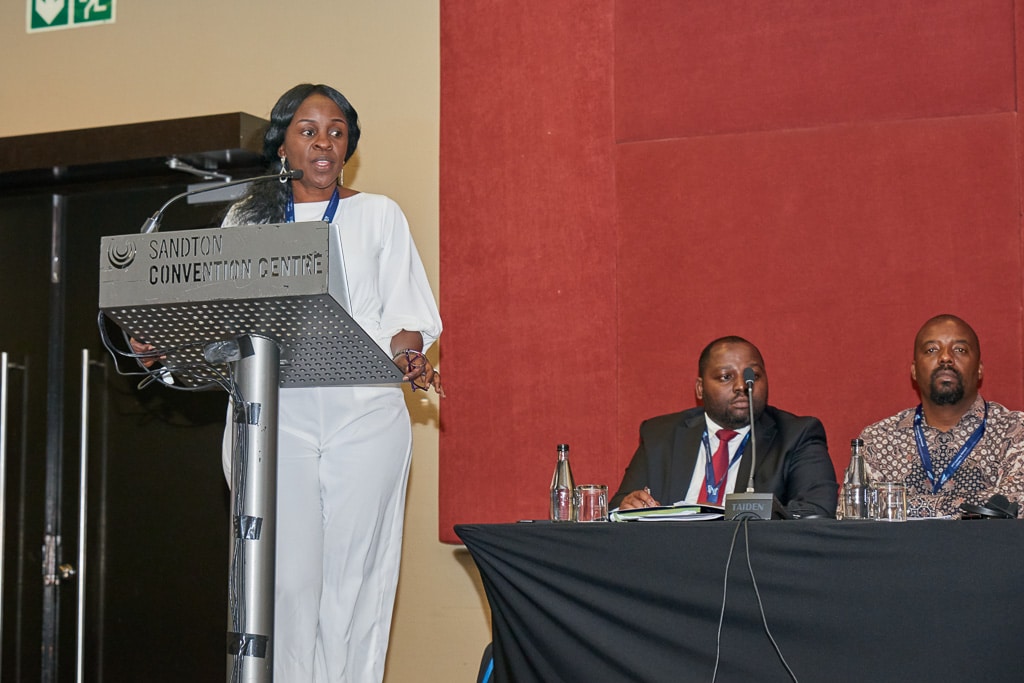
Dr. Mastidia Rutaihwai giving a presentation at the CQUIN 7th Annual Meeting in Johannesburg
Tanzania has also instituted a KAP forum, where organizations representing people at a higher risk of acquiring HIV are highly involved in discussing their needs for government support. By the CQUIN 8th annual meeting, Tanzania plans to continue to improve its differentiated HIV treatment domains, including using e-based tools to assess the quality of DSD services, adapting WHO’s new recommendations for advanced HIV disease, and conducting a quality assessment. Tanzania also aims to increase the number of recipients of care in less-intensive models by broadening the eligibility criteria to include pregnant and breastfeeding women, children two years and older, and recipients of care on TB preventive therapy, among other program scale-up activities. “We’ve been implementing DSD since 2017,” said Dr. Rutaihwa. “It’s about time we evaluated the quality of our services. The policy is well-translated, and we have trained health care providers who know DSD. Of course, we also need to strengthen and implement the integration of non-HIV services into DSD programs.”
Tanzania also has ambitions to incorporate DSD data into the MOH’s central electronic health management and reporting system, the DHIS2, to get quick snapshots of the progression of DSD implementation. Through these activities, Tanzania is eager to continue to do more to ease the HIV burden in the country.


